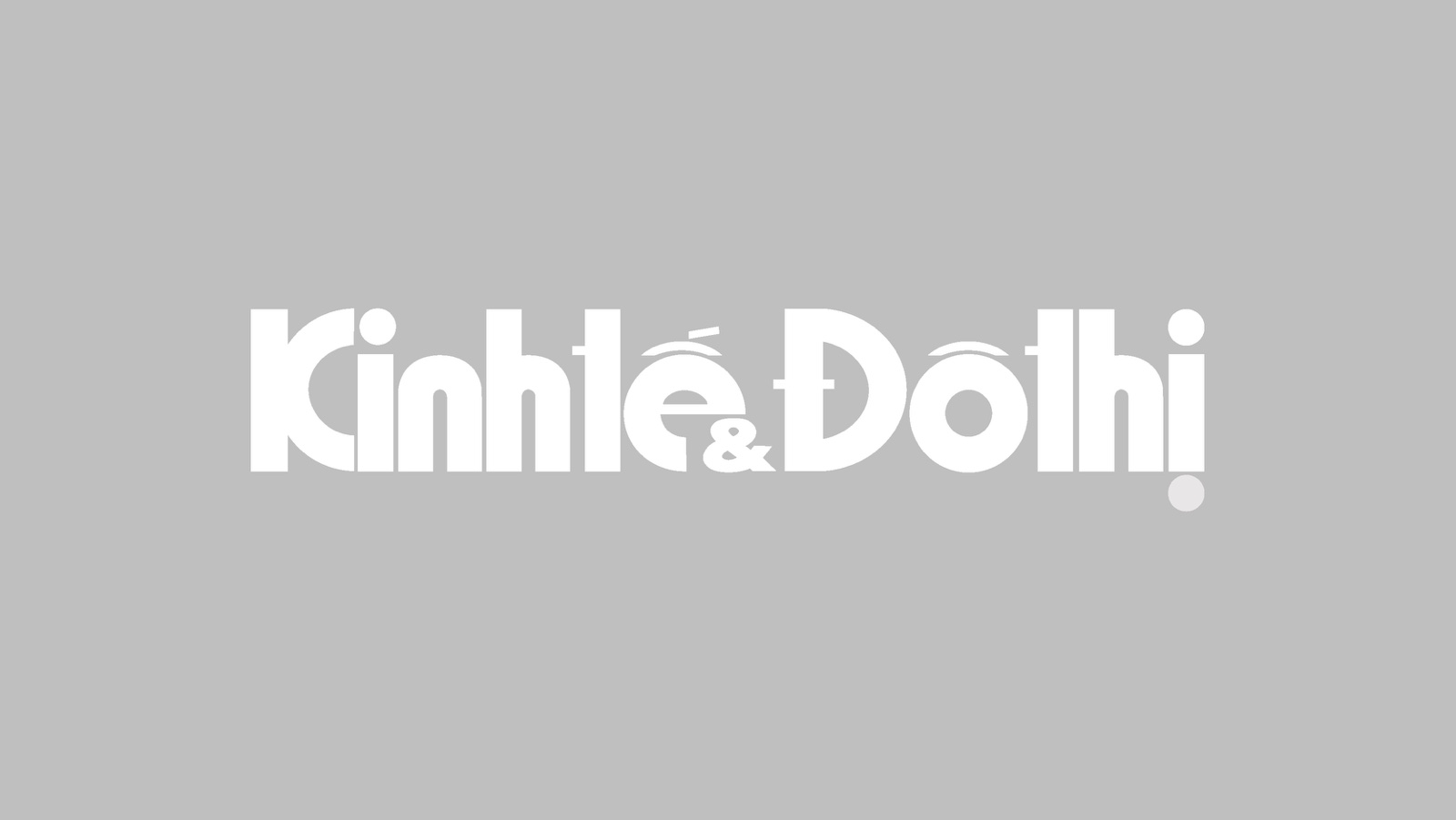Vietnam spent US$6 billion importing oil and petrol products
Diesel has been the most imported product since early this year, making 60% of the total, or 3.17 million tons.
Vietnam imported 5.65 million tons of oil and petrol products worth around US$6 billion as of mid-August, a 1.5-fold increase compared to the same period of last year, according to the General Department of Vietnam Customs (GDVC).
| A petrol station in Hanoi. Photo: Pham Hung |
Diesel was the most imported product during the period, making 60% of the total, or 3.17 million tons as of August 15.
In July, the country imported 651,000 tons of petrol products, spending $736 million. Such a volume was down 5.4% against the previous month, and 9.4% in value, due to declining petrol prices in the global market.
This resulted in over 5.4 million tons of petrol products imported to Vietnam during the seven months for $5.73 billion, up $3.1 billion from the same period last year.
Meanwhile, South Korea remained Vietnam’s largest supplier of oil and petrol products with 2.17 million tons during the January-July period, representing a whopping increase of 92%, followed by Malaysia and Singapore with 815,000 tons and 753,000 tons, respectively.
Vietnam was among a host of countries around the world struggling with rising petrol prices.
On the domestic front, the fact that the Nghi Son oil refinery plant, one of the only two of its kind in Vietnam, cut output has led to a shortage of supplies.
The Ministry of Industry and Trade (MoIT) then urged oil distributors to increase import volumes by 2.4 million cubic meters in the second quarter to offset the declining capacity of the Nghi Son plant.
Since early 2022, domestic petrol prices underwent 21 price adjustment periods, with 13 ups and 7 downs. However, prices have fallen five times in a row since July and are now around the level of the end of 2021, before the outbreak of the conflict between Russia and Ukraine.
At present, prices of RON95-III, making up 70% of the total amount of consumed petrol products in Vietnam, stands at VND24,660 ($1.05) per liter, and biofuel E5-RON92 of VND23,720 ($1.01).












